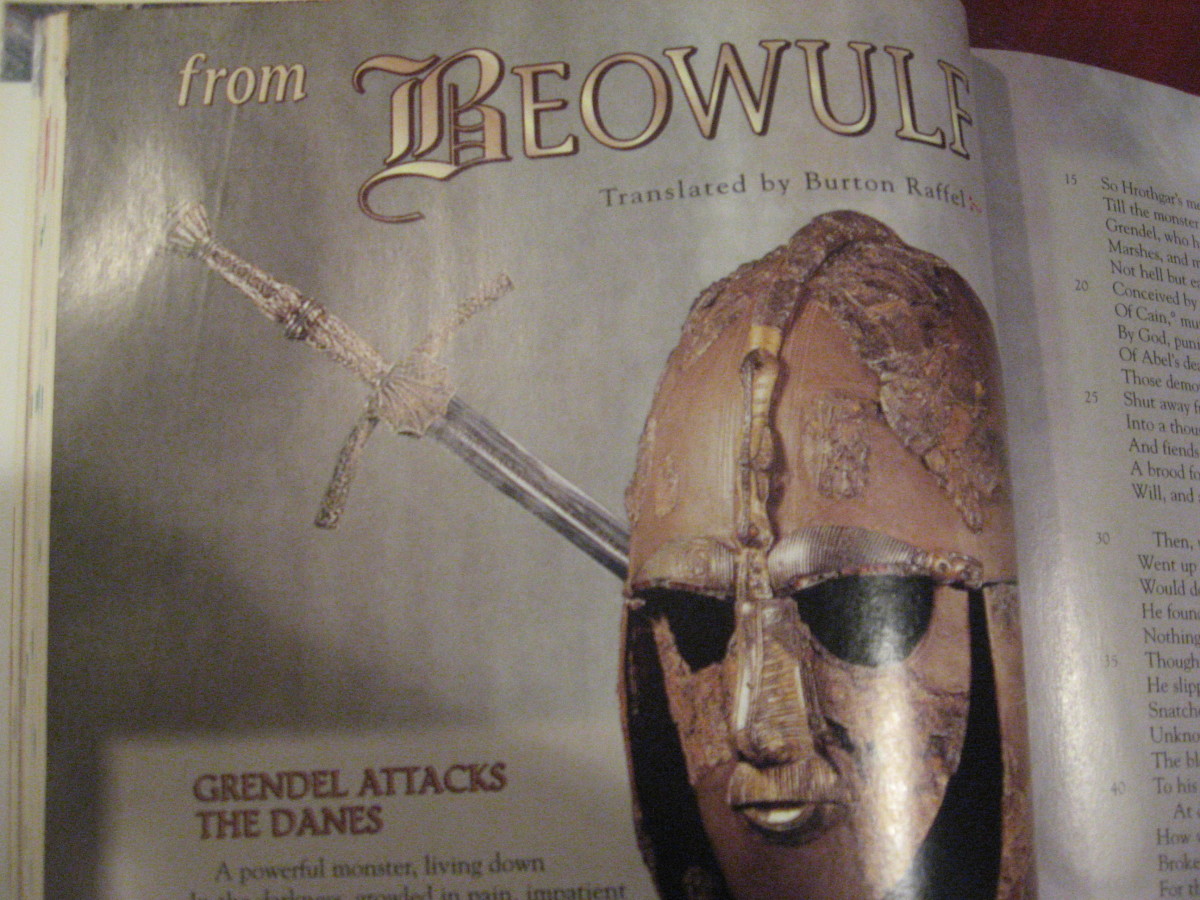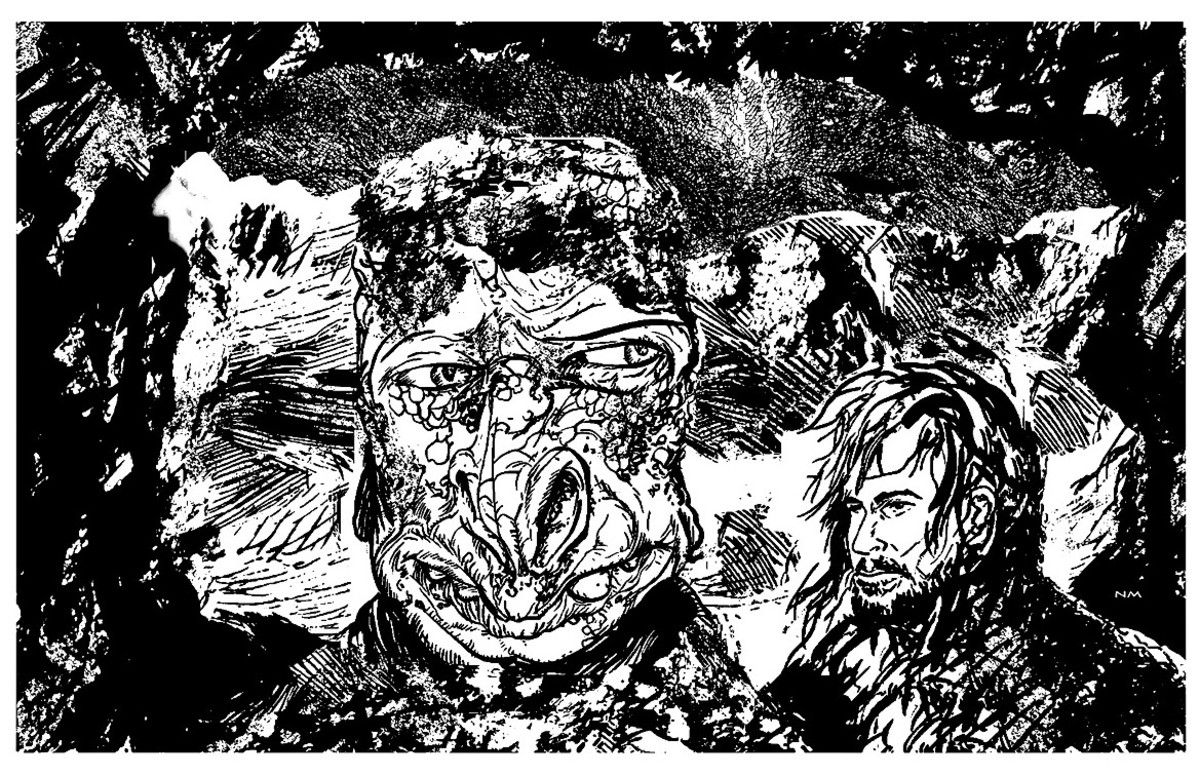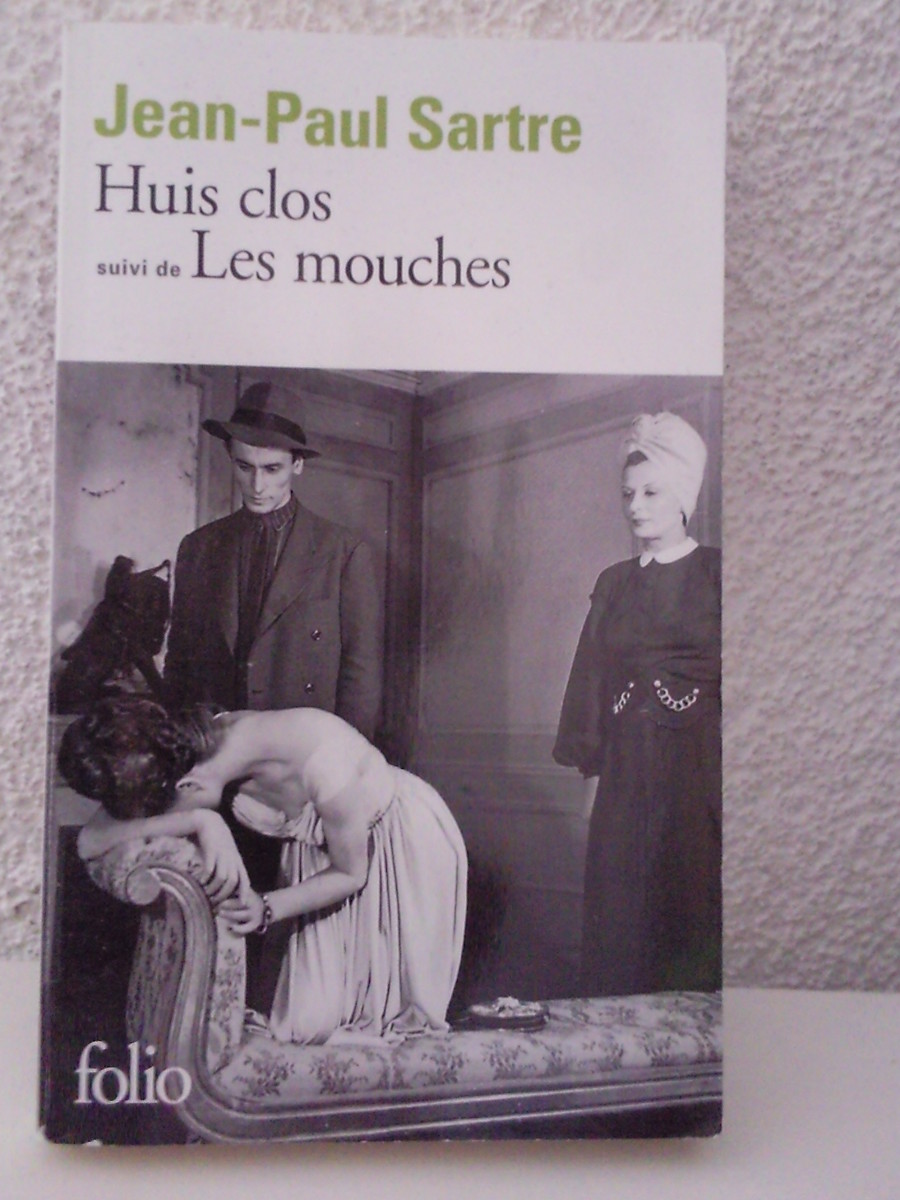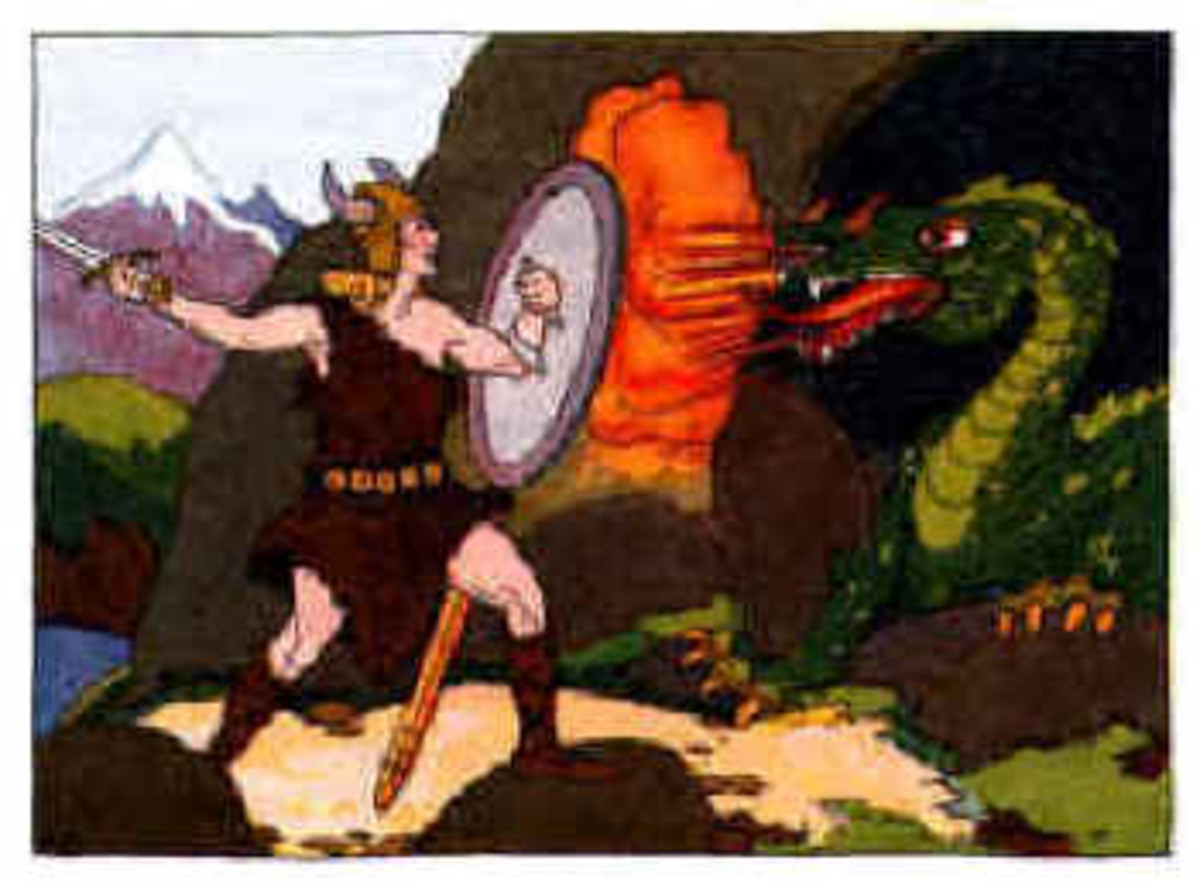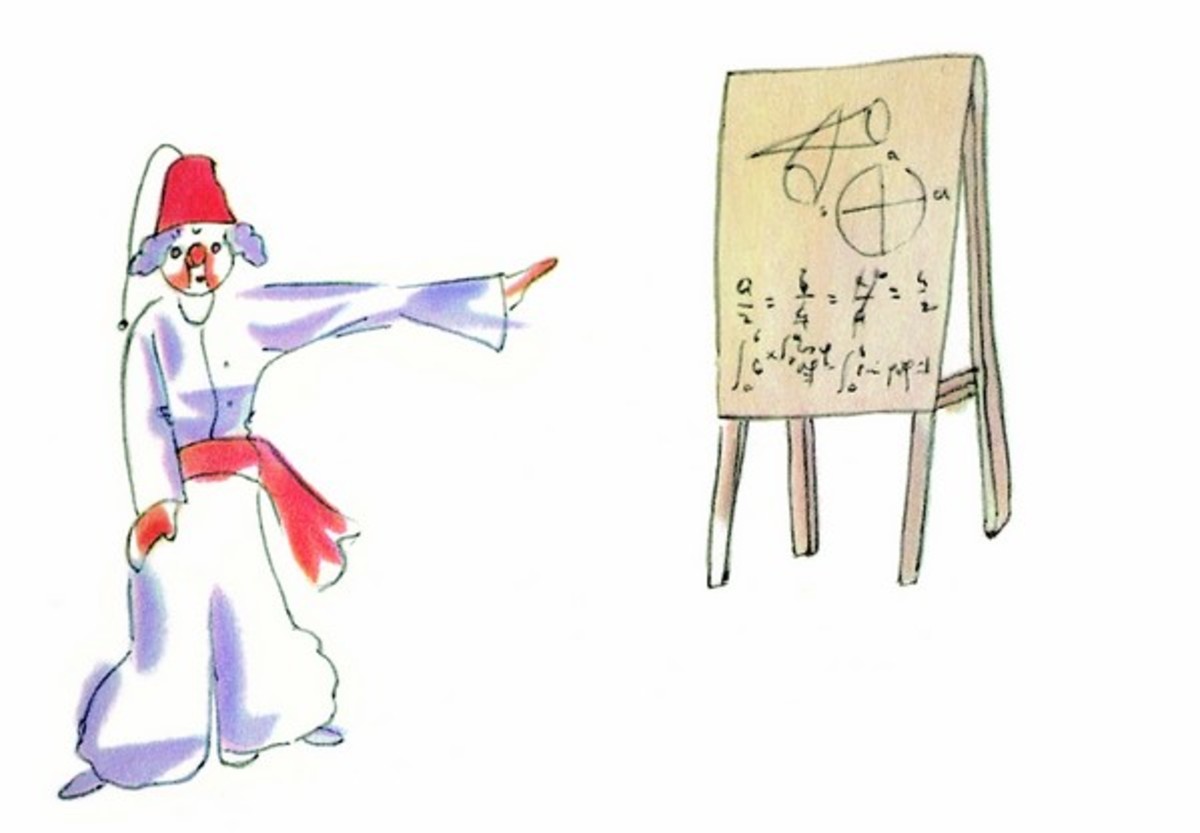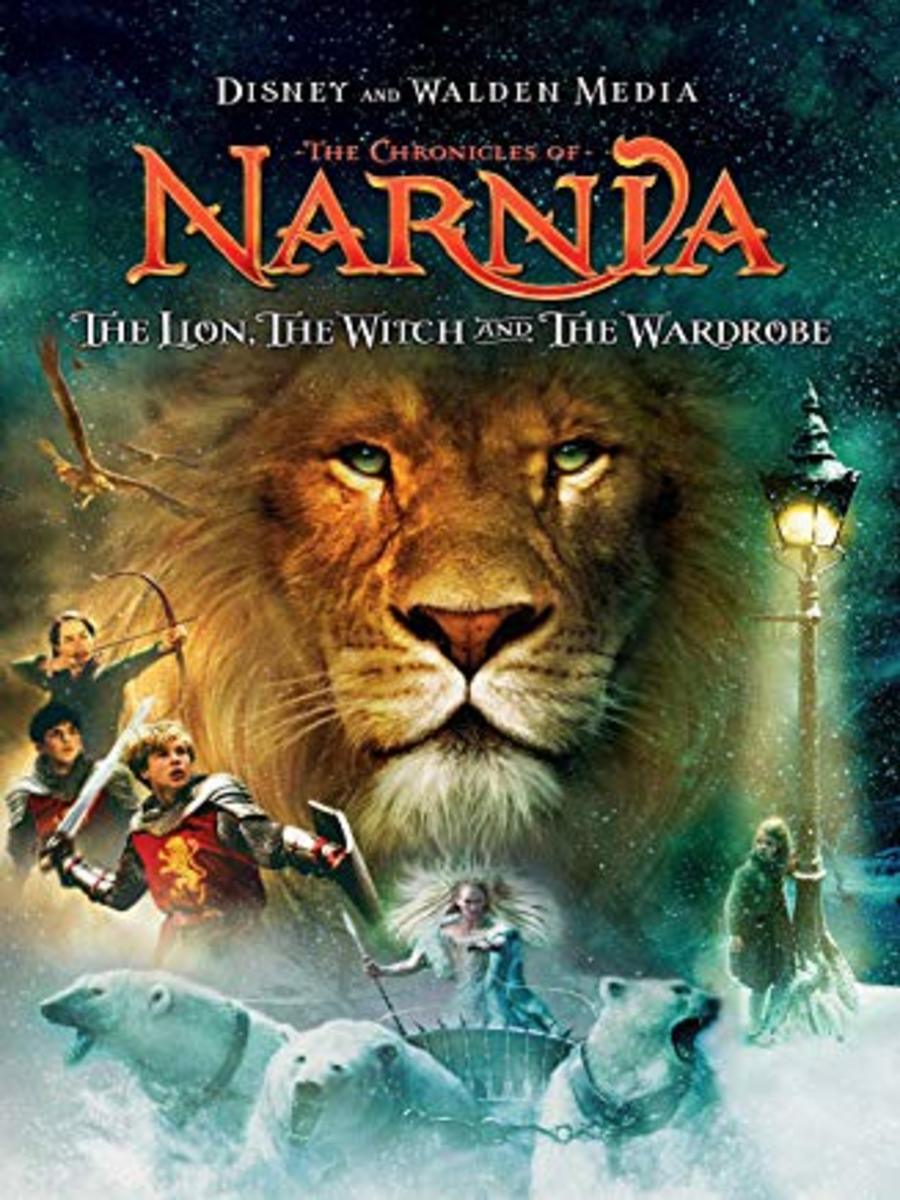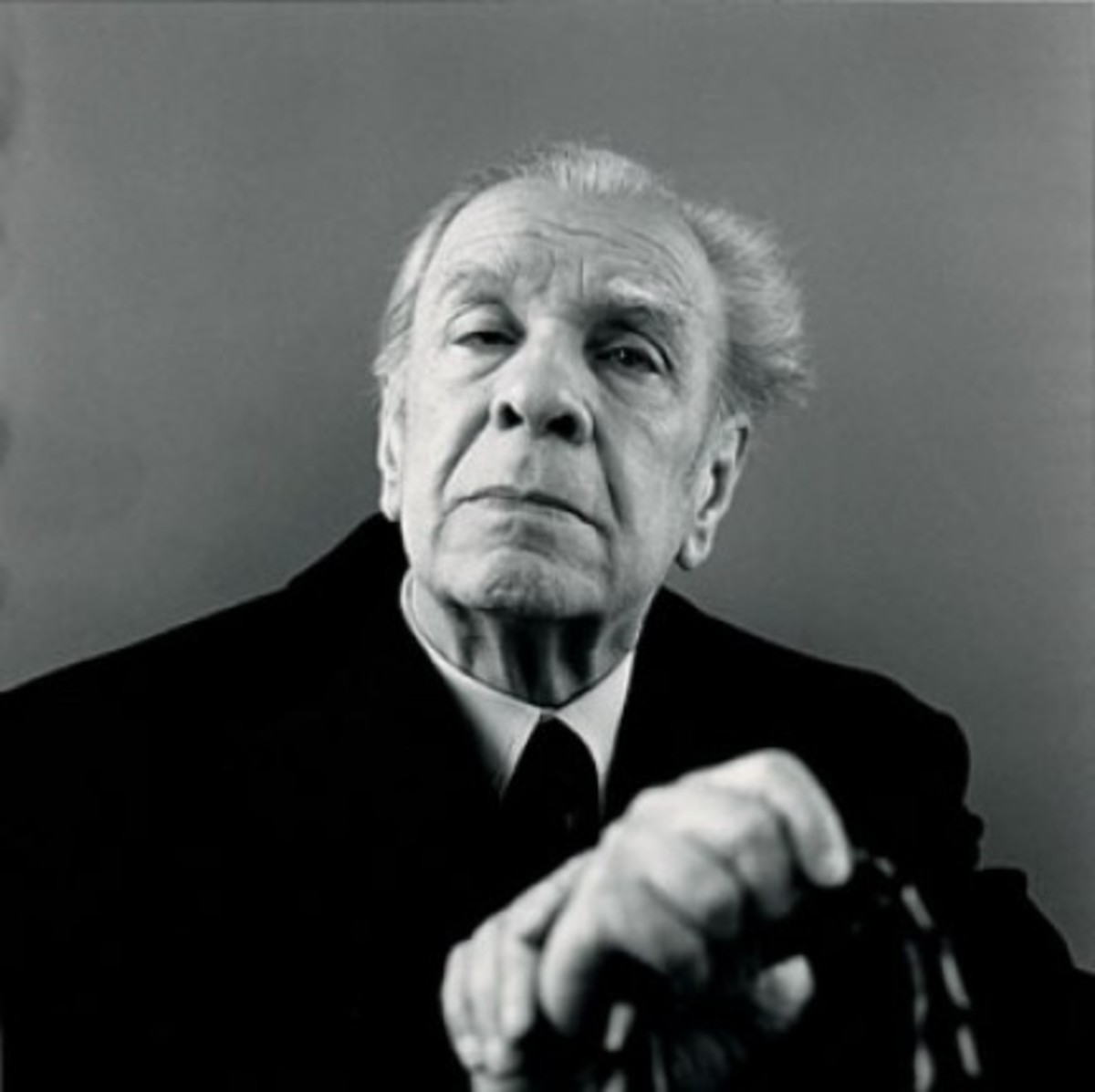- HubPages»
- Books, Literature, and Writing»
- Literature»
- Literary Criticism & Theory
A Character Analysis of Beowulf
Beowulf
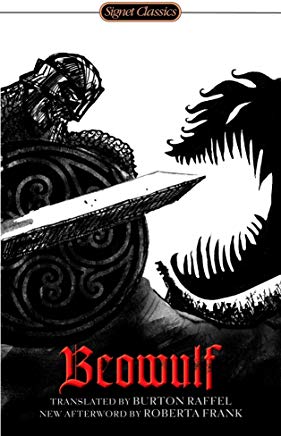
A Character Analysis of Beowulf
Classic stories have always revolved around the adventures of characters that battled monsters using their extraordinary strength or powers. One of the well-known classic stories is the epic tale of Beowulf. This Anglo-Saxon tale has been passed down from one generation to another. It was written in a form of narrative poem and was one of the longest known literature which consists of 3,000 lines. There is no identified author of this epic poem, but it was considered as the national epic of England.
This epic poem tells the tale of a hero highlighting his battles against three monsters (Ransom, 2017). Some look at this literary piece as a simple epic tale with a bit of historical context. This was reflected in the plot of the story that was set during the 5th until 6th century. It illustrates the typical Anglo-Saxon community in England and was based on existing people and occurrences in Scandinavia. It shows the daily routines, the traditions, and religious practices of the people. The setting allows the reader to feel the warmth of the fireplace or the coldness of the thick snow and ice through the exquisite lines used in the narrative. But there was also a different perspective for this poem; others consider it as a Christian allegory as they say it has some significant relation to the Christian context.
Beowulf in his Story
In the epic, the main character Beowulf is portrayed as a man full of courage, kindness and loyalty. He went on a legendary journey beyond human comprehension. In his journey he demonstrated what bravery, loyalty, friendship and generosity truly means (Kibin, 2017).
Beowulf battles demonstrated his courage and bravery, first was when he battled Grendel. He showed his ruthlessness towards Grendel as he slayed the monster using only his bare hands. The way the poem has been written has provided the dramatic impact for this scene, as that moment has been described to make the reader visualize how Beowulf ripped off the hand of Grendel and allowed him to scuttle bleeding for his life and later dying in the marshes. This was what instigated the mother of Grendel to be too furious and seek revenge. As his most trusted adviser became the object of revenge of Grendel’s mother, Beowulf again set off to find and kill her as well. Again, the poem had explicitly described the battle between the two. Beowulf again succeeded in killing the monster by using a sword to cut off her head.
After these two battles, Beowulf returned home and enjoyed the peace for fifty years, until a new monster came to spread fear once again. A dragon was infuriated by a servant when he stole a cup from the dragon’s lair (cave). Fuming, the dragon killed anything or anyone that crosses its path. Beowulf fought with the dragon alone because his friends and army went on their own way to escape out of fear for their lives. Only one remained at his side to fight the monster with Beowulf. They succeeded in defeating the monster, but Beowulf ended up severely wounded and later died (Leider, 2017).
Beowulf as an Archetypal Hero
Beowulf has been portrayed both as an ideal king and archetypal hero. His character has reflected the virtues of Germanic culture. His heroic acts are mostly rooted in the aspiration to protect the people, from the monsters which threaten their lives and peaceful life.
Beowulf as an archetype hero demonstrates the characteristics and actions that is found or based on human nature in real life. As the hero of the tale, Beowulf has fought several times to save lives. He was a typical hero who showed courage and selflessness. Thus, making him an ideal hero in the story. Beowulf has saved the people of Herot from monsters; he has accomplished these tasks in order to attain the glory he longs for (www.beowulfadventures.wordpress.com, 2016).
The Beowulf in Beowulf
Beowulf is an impressive-looking man, “The Scylding coastal guard points out that he has never seen "a mightier noble, / a larger man" (247-48) Compared to other warriors, he was bigger and stronger. He was able to prove his strength when he fought against Grendel. Likewise, he showed a sense of fairness in fighting and intelligence in using effective techniques to defeat his enemy. He also showed perseverance when he set forth to find Grendel’s mother who has been going after him to avenge Grendel’s death. It was also because of his perseverance that he succeeded not only in being more famous, but he even became a king and ruled successfully.
He was famous; he has built a reputation for himself. Before Grendel, he earned a reputation for killing giants, but he was still yearning for more accomplishments. This he believes he will gain if he continues to seek battles he can win over. He lives up to the meaning of his name - immortality. He also knows how to repay kindness or generosity extended to him, adding more to his character and maturity.
He also proved his friendship with Wiglaf when he gave him his helmet and necklace. He shares with his friends his victory and success, as they celebrate after killing Grendel. He demonstrated his loyalty to his friends when he pursued Grendel’s mother after she killed his most trusted adviser.
A flaw he would have despite being a hero though is his pursuit for personal glory. This was also the reason why despite already being a king he still sought for opportunities whereby he can prove himself. All know better that what he had done was merely a facade. While basking in his success of ever defeating and slaying the 'mother,' he was tempted and later succumbed to his own infirmities only to be revealed after 50 years of peace. Another chink in his armor was his weakness with women of which the zenith being the allure of the 'mother of all monsters.' This part suggests the folly of being human although he may have the strength of many men and the success of many warriors combined, he was just another man easily tempted by the beauty, cunning, and allure of a temptress.
Beowulf Defining Heroism
Among the heroic deeds of Beowulf are; he was able to defeat (kill) Grendel, he also defeated the nine sea monsters proving his valor and capability as a warrior, he enlisted himself in finding Grendel’s mother and succeeded as well in killing her, and aside from leading successfully as a king he still went into battle to defeat the dragon which wreaked terror again after some period of living peacefully (Baldwin, 2017).
Conclusion
Everything in the story paints a sad of heroism and the common downfall of man --- sin. Although Beowulf may have projected a sense of heroism, he also showed how easily man can be lured in to the subtle enticing. The same with the story of King David in the Holy Writ, it seems that the macho image of heroes can still be easily tempted and eventually fall from grace leading to demise and misery. No amount of false pretense can cover up the glaring failure that was succumbing to man's human nature; Beowulf just did so with much charade and glamour only to be haunted by the same mistake he had done before. Again, the story repeats itself and the curse continues, and while a new hero may replace the old, the same plot seems doomed to repeat itself.
References
Baldwin, Stanley P., and Elaine Strong Skill. "CliffsNotes." n.d. CliffsNotes. 21 October 2017 <https://www.cliffsnotes.com/literature/b/beowulf/about-beowulf>.
"Beowulf Adventures." 15 October 2016. Beowulf Adventures. 21 October 2017 <https://beowulfadventures.wordpress.com/2015/10/08/archetypes/>.
"Kibin." n.d. Kibin. 21 October 2017 <https://www.kibin.com>essay-examples>.
Leider, Allan. "Free Book Summary." n.d. Free Book Summary. 21 October 2017 <https://freebooksummary.com/category/beowulf>.
Ransom, Russell. "Free Book Summary." n.d. Free Book Summary. 2017 October 2017, N.p. <https://freebooksummary.com/literary-analysis-of-the-poem-beowulf-11598>.


